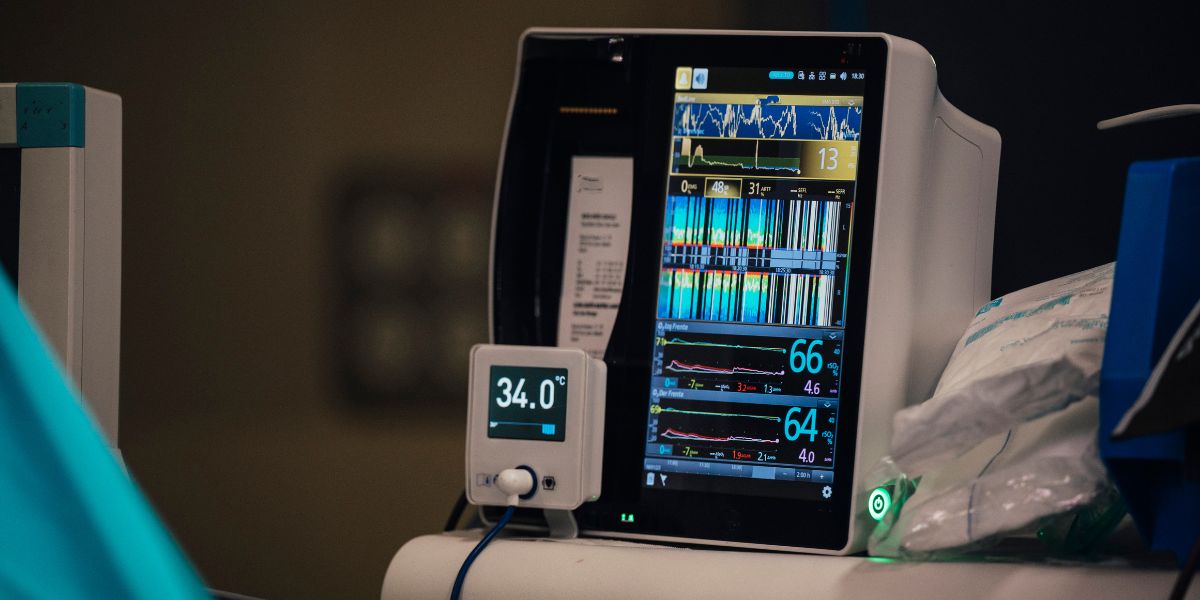The transition to digital has transformed the way medical device manufacturers run their marketing campaigns. With remote work becoming a norm and fewer in-person interactions with sales reps post-pandemic, most manufacturers have had to adjust accordingly.
Today, digital marketing is not the fancy trend it once was. Instead, it is essential for all medical device manufacturers. But how has digital marketing transformed? And how is it revolutionizing the present and future of medical device sales?
How the Digital-First Marketing is Shaping Up
Before the pandemic, marketing was largely a hybrid of digital and in-person interactions. Most companies preferred to schedule physical meetings and sales workshops. Things are, however, changing, with digital interactions taking center stage. Medical device manufacturers are equipping their marketing teams with digital skills, like email campaigns and running social media.
Over the years, expertise in Search Engine Marketing (SEM) and Search Engine Optimization (SEO) have become a priority among marketing talents Medical device manufacturers are also helping their talents reskill and upskill in these areas to ensure their employees can thrive in the digital space.
Conforming to the 2021 McKinsey survey, 85% of the surveyed medtech companies said they spent a significant portion of their marketing budget on digital avenues, with 1 in 5 reporting that at least 50% of the marketing budget was directed to digital solutions.
Now that the pandemic is behind us, most companies are embracing digital marketing to future-proof their operations, with funding being allocated to four main areas:
- Product Launches. Medtech companies are embracing email and social media campaigns alongside conferences and shows when launching new products.
- Lead Generation. Email marketing and social media channels are the main avenues medical device manufacturers use to reach healthcare professionals. Digital channels are also effective for post-sales communication.
- Omni channel Marketing. An Omni channel marketing strategy combines face-to-face marketing with digital campaigns to meet healthcare professionals where they are.
- Advanced Analytics. Digital marketing campaigns can be more impactful if they communicate and share insights with other marketing and sales channels. Some manufacturers are incorporating machine learning solutions into their digital marketing to build integrated dashboards, which offer customer-centric solutions that go beyond their current needs.
Benefits of Digital Marketing in the Medical Device Sector
Medical device manufacturers who build the right digital marketing capabilities in today’s fast-paced environment enjoy the following benefits:
- Wider audience: Social media and networking channels like LinkedIn, X, Facebook, and Instagram effectively reach a broader audience, especially those that are difficult to reach via traditional marketing.
- Increased brand awareness. Effective and consistent content marketing across channels sets your brand as a thought leader.
- Quality leads and sales. Targeted marketing can help you generate high-quality leads, which translates to higher sales numbers.
- Flexibility in marketing. The option to track your marketing efforts means you can access real-time performance data. This helps you optimize the campaigns and adjust strategies as needed.
- Cost–efficiency. Digital marketing is relatively cost-effective compared to in-person or traditional marketing efforts. This is crucial, especially for medical device manufacturers with a limited marketing budget.
Digital Marketing Opportunities and Challenges
The fact that there are many success stories of medical device manufacturers who have implemented digital marketing doesn’t mean there are no challenges. Here are the pitfalls to avoid when creating your digital marketing plan:
- Implementing digital marketing in isolation. Digital marketing comprises several segmented parts that should be integrated and implemented as a whole. This requires bringing together the customer service team, sales teams, marketing personnel, and company executives.
- Inefficient tools and skills. Investment in the right digital marketing tools, like CRM systems, is necessary to create and optimize campaigns. Skills in SEO, digital analytics, and user-interface designs are also critical.
- Poor performance tracking. Failing to track the marketing KPIs, such as the cost per conversion, will put you at a disadvantage since it will be challenging to make strategic adjustments where needed.
With the above challenges come the opportunities that medical device companies can identify and work on to stay ahead of the competition. For instance, the company must create a digital marketing team with members drawn from all the relevant sectors within the organization to ensure all stakeholder buy-in.
There’s also the need to choose the right digital marketing tools carefully and emphasize specific skills when hiring new talent or upskilling existing ones. Lastly, you can’t improve what you can’t measure, so you must have the right performance-tracking systems.
Make Digital Marketing Work for You
Most medical device manufacturers know that digital marketing is not just about the future but, more so, the here and now. Healthcare professionals and key decision-makers in the sector spend most of their time online. There’s a need for an “always-on” form of marketing that is convenient, efficient, and cost-effective. Before designing a digital marketing strategy, evaluate your company goals and customize your plan to guarantee short and long-term success.














Comments: 0